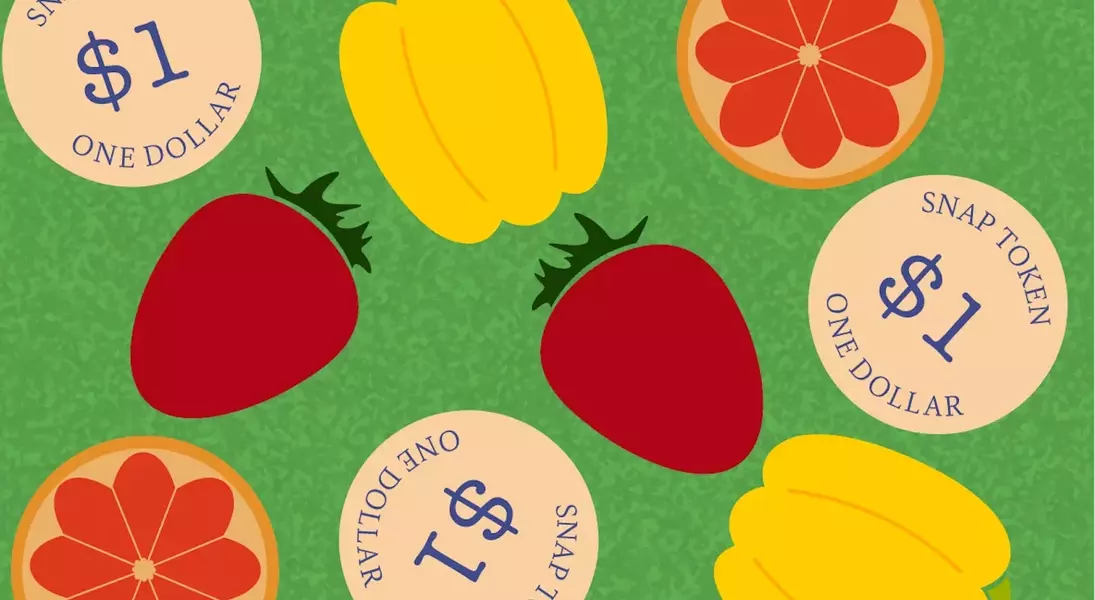
The reduction in federal funding for food assistance programs has created significant challenges for farmers markets across Alachua County. With the implementation of the “One Big Beautiful Bill Act,” a notable decrease in SNAP benefits is expected, affecting millions of individuals nationwide. This financial strain at the federal level forces states to either compensate or face cuts in essential services. In Florida, organizations such as Florida Organic Growers (FOG) have had to discontinue crucial initiatives like Fresh Access Bucks, which once provided affordable produce options for local communities.
SNAP recipients previously used EBT cards to purchase groceries at participating farmers markets through FOG's program. The system included two types of tokens—SNAP and Fresh Access Bucks (FAB)—allowing shoppers to double their grocery budget by spending additional funds on fresh produce. Heather Henderson, assistant director of Fresh Access Bucks, expressed her disappointment regarding the termination of these services, noting that without FOG’s support, many markets cannot sustainably offer this benefit. For instance, the Alachua County Farmers Market distributed approximately $34,000 annually in SNAP and FAB tokens, contributing significantly to community nutrition and local commerce.
In response to these changes, some markets are exploring alternative methods to maintain accessibility. Monica Albert, founder of Grove Street Farmers Market, successfully transitioned her operation to independently manage FAB services after obtaining USDA certification. Despite these efforts, numerous obstacles remain, including limited funding and organizational turnover. Marielle Mackin from FOG emphasized the emotional toll of discontinuing vital programs while acknowledging the broader impact on both consumers and vendors. Community members like Mitchell McDaniel highlight the importance of accessible healthy food in fostering social connections and promoting overall well-being.
Access to nutritious food plays a critical role in enhancing public health and strengthening community bonds. As stakeholders navigate this evolving landscape, it becomes increasingly important to advocate for sustainable solutions that ensure equitable access to essential resources. By prioritizing collaboration and innovation, we can strive toward a future where all individuals have the opportunity to thrive through supportive systems and shared responsibility.
